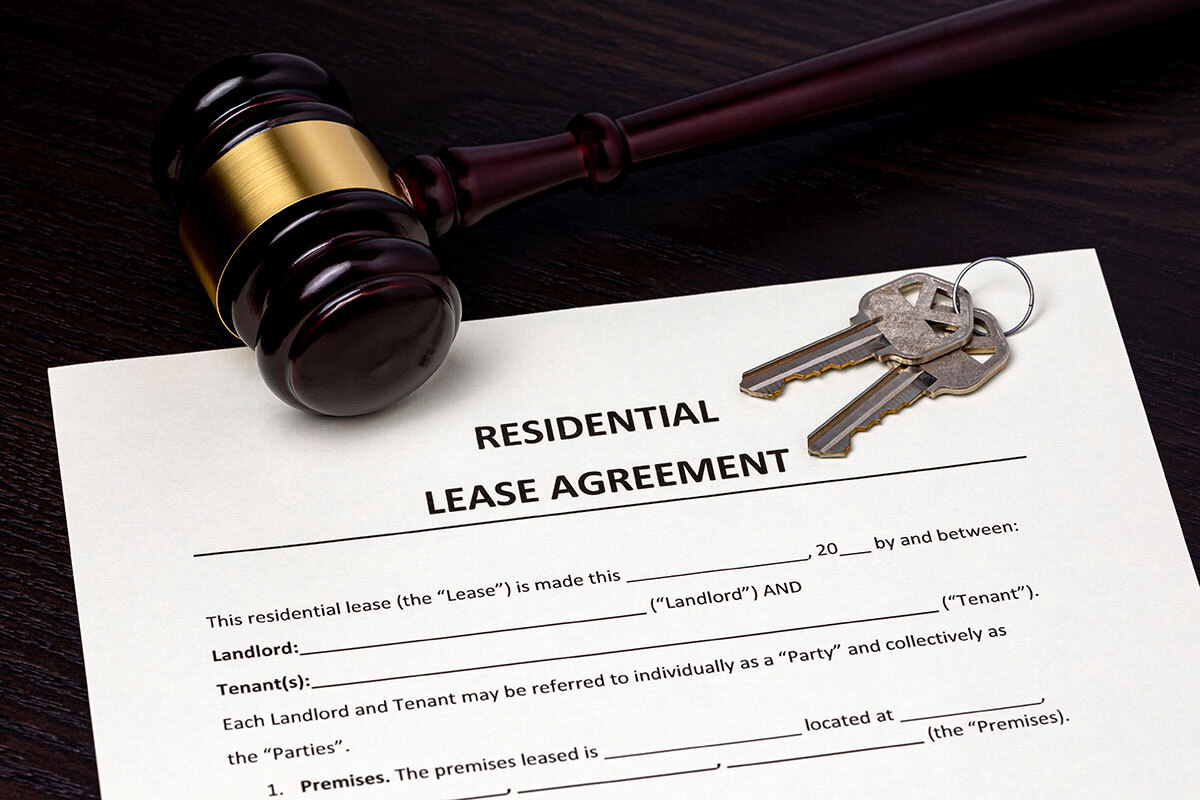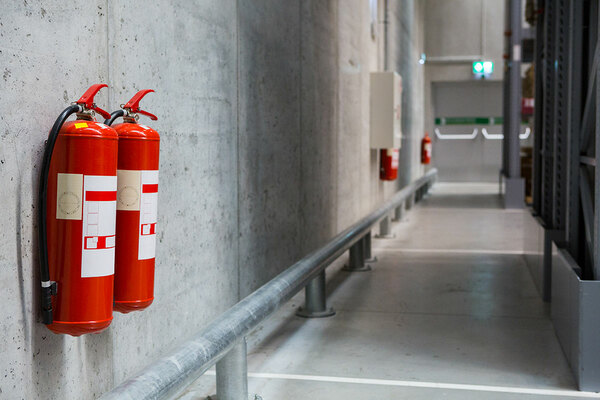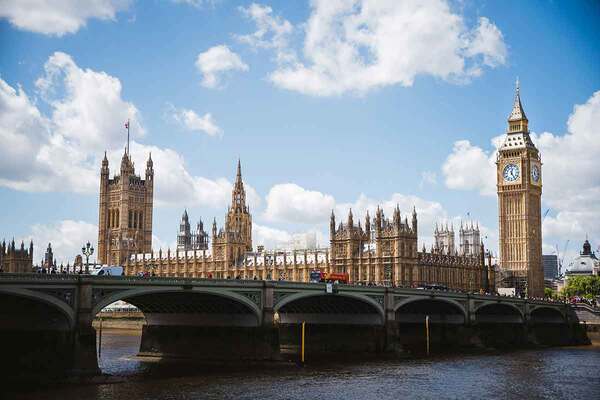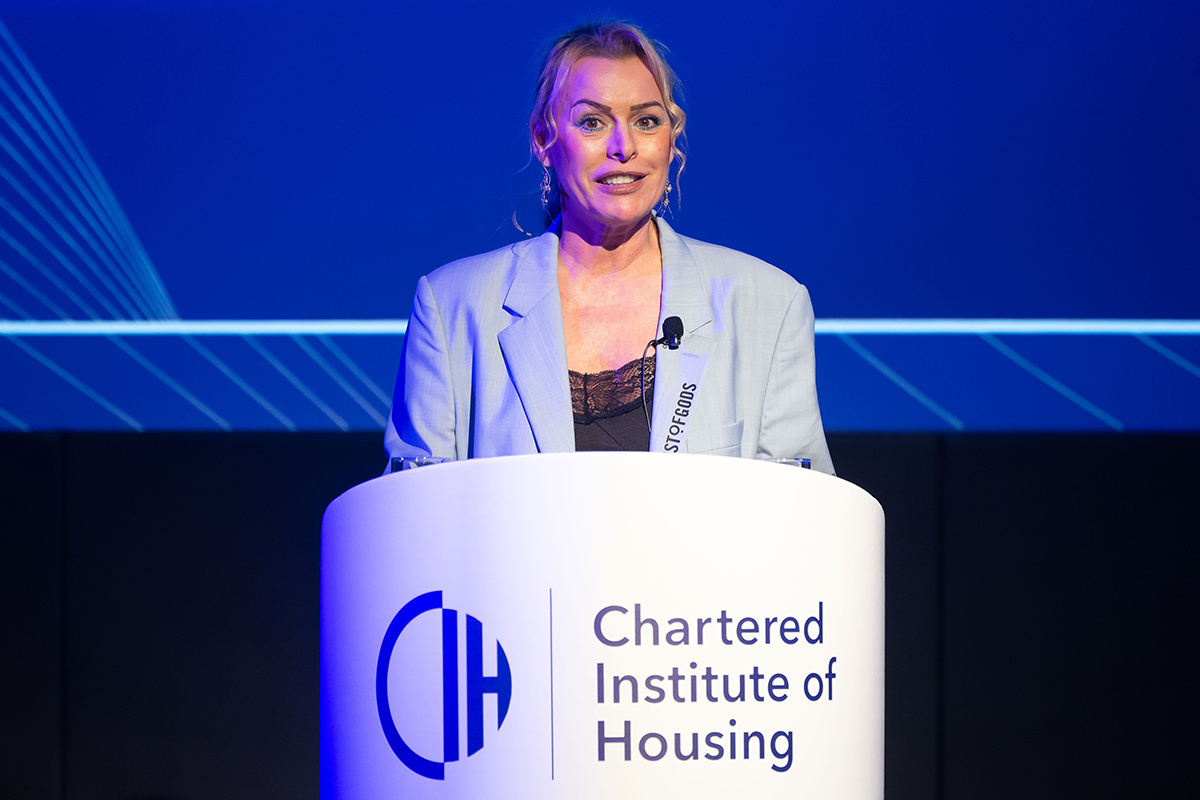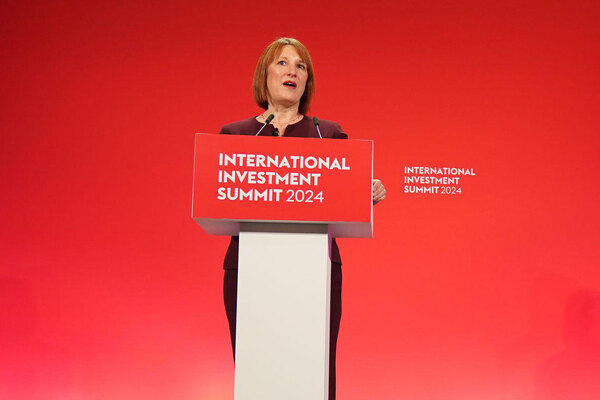You are viewing 1 of your 1 free articles
Government pledges to close ‘flaw’ in Building Safety Act that disqualifies new leases
The government has pledged to extend some of the leaseholder protections introduced under the Building Safety Act (BSA) 2022 due to a “flaw” that disqualifies new leases.
The gap in the BSA exists for those leaseholders who need to extend or vary their lease on or after 14 February 2022 – the date the BSA came into force.
This is because in order to qualify for the protections under the BSA, a qualifying lease must have been in place on or before this date.
However, as a lease extension is considered a new lease, they are not covered by the act.
A resident brought the issue to the attention of Inside Housing after she became aware that she would not qualify for the protections after renewing her lease in January this year.
Giles Peaker, solicitor and partner in the housing and property disputes team at Anthony Gold, explained that the protections should continue as long as it is the same lease as of 14 February 2022.
He added: “However, what a lease extension actually is, is not an extension of the same lease. It’s actually a new lease which takes effect by what’s called a surrender and regrant. So quite a few people are going to be caught in a rather unpleasant trap.”
Consultant solicitor Zahrah Aullybocus said this “flaw is more likely to be relevant to shared owners”, as they frequently have short 99-year or 125-year leases.
She added: “Particularly if the number of years remaining on the lease drops below 80 years. If you leave it too long, you may not be able to afford a lease extension at all.
“In short, shared owners in a flat with building safety issues and a short lease find themselves between a rock and hard place at the present time.”
This is because when the length of a lease falls below 80 years, the cost of a lease extension can increase dramatically.
Ms Aullybocus pointed out that this issue might make it more difficult for people to sell their property as a buyer may not be willing to pay the asking price if there is a possibility of building safety remediation costs down the line.
In addition, she said there are still others who will not benefit from the new protections depending on whether they meet the criteria for ‘relevant building’ and ‘qualifying leaseholder’ under the BSA.
A government spokesperson said: “We are determined to better protect and empower leaseholders to challenge unreasonable costs. We are aware of the issue concerning leaseholder protections where leases are extended or varied, and we will legislate to resolve this issue as soon as parliamentary time allows. We expect landlords to make sure that lease extensions and variations reflect a qualifying leaseholder’s current protections.”
Sign up for our regulation and legal newsletter
Already have an account? Click here to manage your newsletters
